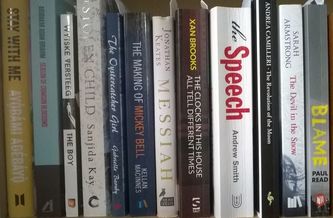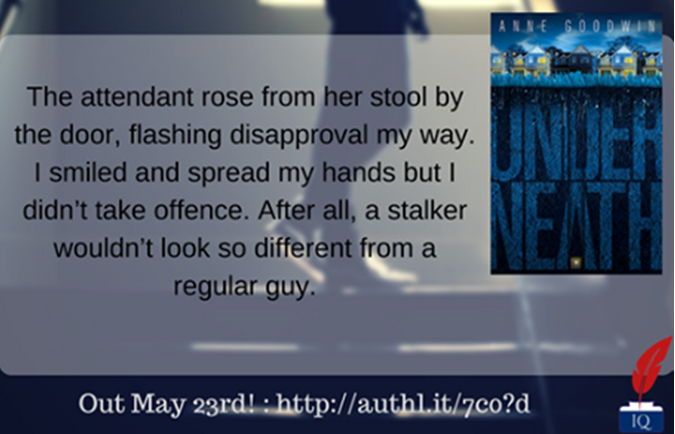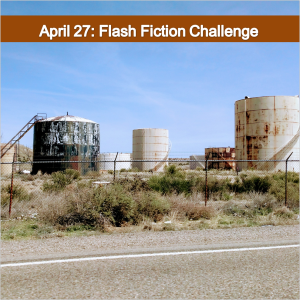| When a therapist meets a new client she has little chance of verifying whether the story she hears is true. Given that the person consulting her has little motivation to lie, it’s reasonable for the therapist to take the client’s account on trust. Even on those occasions when the client has deliberately misled the therapist, as Stephen Grosz discovered after one of his clients seemingly came back from the dead, that deception is part of a deeper truth they need to bring to the light. |
But in this post-truth era readers and writers have an extra layer of responsibility to be careful with the facts. So when, as I often do, I assume a story has taught me something about a situation or culture beyond my direct experience, am I deluding myself? As with the client who spoke about being part of the aristocracy in her own country, should I believe what I’m told or take it with a pinch of salt?
I’ve been wondering about this since a comment in response to my reviews of two novels on the lives of Nigerian women took me by surprise. Norah Colvin, who blogs about living, loving, laughing and learning and has been a great supporter of my own writing, commented:
I often wonder how much we can extrapolate about a nation from fiction. I dare say fiction set in "exotic" locations tend to provide no more factual information than novels set in our own countries. I always reserve judgement.
Was I, like those tourists who, having spent their two weeks’ holiday in an all-inclusive resort, parade their “knowledge” of the country to all and sundry on returning home, overgeneralising from a brief, and probably biased, acquaintance? A reviewer needs to guard against this, especially in relation to less accessible cultures or closed communities.
When the brain responds to the fictional in exactly the same way as to a real-life encounter, we do need to remind herself sometimes that it didn’t really happen. We can mistake a story for reality whether we read for relaxation or to face up to the dark. Since the story is co-constructed between reader and writer, our personal prejudices must play a part. Yet it’s also the case that, in providing a safe space in which to be curious, fiction can have the opposite impact and facilitate empathy for lives vastly different to our own.
On that basis, I don’t think it’s a copout to say that well-written fiction that goes beyond escapism can be both true and not true at the same time. We know it’s made up, but it can still connect us across barriers of language, religion and culture and, in so doing, help us to grow. Reading two novels on the lives of Nigerian women does not make me an expert on that country, but it does provide me a position from which I can explore more. But what do you think? What’s your relationship to fiction, facts and truth?
Meanwhile, do check out my views on the other books reviewed on Annecdotal this month.
| In a new scene I wrote a couple of days ago, septuagenarian Matty has her own ideas about the purpose of the injection she’s given every other week. As luck would have it, the new flash fiction prompt from Charli Mills to write a 99-word story about oil fits that perfectly – and it’s highly unlikely any other writers will have interpreted it this way. I’ve swapped the original maid for nurse, and hope that’s enough context for you to get what this is about. |
As the medicine penetrated her muscle, it felt as if her posterior was swallowing castor oil. Sliding out the needle, the nurse rubbed the spot with cotton wool. “That’s it for another fortnight.”
Matty pulled up her panties. “No more babies.”
The nurse looked perplexed. “You do realise what your injection’s for?”
Was she old enough to know what men did to ladies in the dark? “For protection, of course.”
“That’s one way of putting it. Protection against disturbing thoughts.”
Matty nodded. So she did know about those shenanigans. She hoped it was not through personal experience.
























 RSS Feed
RSS Feed





















